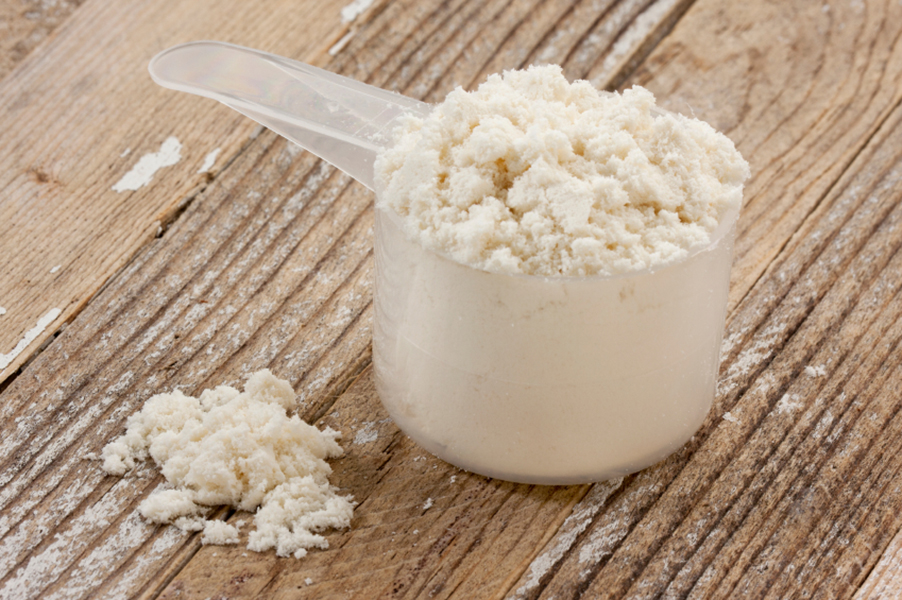Metabolic Flexibility: Carbohydrates

The second installment to the April Metabolic Flexibility Series is all about those carbs. To begin, the carbohydrate provides energy for muscles, fuel for the central nervous system, and enables fat to rev your metabolism instead of protein, which is allocated to muscle growth (among other things). There is a lot of confusion and a lot of misinformation about carbohydrates so hopefully this surface level overview gives some good food for thought.
As soon as you consume a carb source it is immediately broken down into units of glucose to be used as energy. Should you consume carbohydrates in excess the body will begin storing said glucose in the liver and throughout the rest of your body. Glucose stores as fat so if you’re eating more carbohydrates than your body can transfer and use as energy you may begin to put on weight. On the opposite end of the spectrum, if you are not consuming enough carbohydrates the body will proceed to use protein to make glucose, which takes away from muscle growth. This is no bueno because you’re looking for those long, lean, TONED muscles so that protein is hard at work elsewhere. Ya dig?
As we discussed here, in order for the glucose to enter the cells that make up your body insulin needs to be present. It signals the cells to absorb the glucose. The glucose is then used for energy or stored in reserves. These reserves are essential for fitness and exercise because they serve as an energy reservoir which replenish your body during high intensity workouts. If your body runs out of these reserves you may feel as though you’re “bonking” or “hitting a wall” or “running out of energy.” I’ve definitely been there and it is a horrible feeling! That’s why it is recommended that you eat 60-90 minutes prior to getting your sweat on. The natural question that follows is, “What should you eat before you workout?” To which I respond, stay tuned. I know, I’m such a tease. This is a lot of information though, so baby steps! As exercise intensity increases, carbohydrate metabolism takes over and it’s more efficient than fat metabolism.
So, how does all of this come into play? Throughout the day when is your body using carbohydrates? Most likely it goes something like this:
Morning: The body is in a fasted state after up to 12 hours without food therefore carb energy reserves (glycogen) is low. Breakfast sets the tone for your metabolism for the day and more than likely many of the calories you consume will go toward replacing glycogen reserves. Steel cut oats is a great resource for your morning carbohydrate intake.
Afternoon: As afternoon comes and goes, your body will start to deplete energy and glycogen reserves. Your afternoon meal should provide your muscles with protein and while providing your body with energy to get through the rest of the day. Add 1/2 cup of brown rice to your protein and veggie source for optimal energy!
Evening: What you eat for dinner or your evening snack is important because it prepares your body for sleep and an approximate 6-8 hour fast (or in my case 4, ugh). Overnight your body will be repairing muscle, tissue and in recovery mode. Then it typically begins burning glycogen, muscle, and fat. For this meal try a low-sugar source such as a sweet potato.
Of course this post is only focusing on carbohydrates. Meals should have a balance of carbohydrates, fats and protein. In addition, every body has different metabolic needs at different times of the day and under differing circumstances, i.e. training for a marathon versus high intensity interval training. But this is a general overview of how carbohydrates are broken down and used to fuel your body. By timing your carbohydrate intake you can easily manipulate how your body uses fuel for energy, and in return see gains in your training and ultimately fat loss.








This information is making a huge shift in how I think about what I’m eating. I used to feel starving all the time—especially when I tried to eat healthy, because I focused on more fruits and veggies and less everything else and felt deprived. A couple months ago I started focusing on lean proteins instead of calories from information I found on this blog, and it’s helped a lot … but I still get extremely hungry sometimes (esp. mid-morning), and while I’m building muscle faster (NTC circuits!) I’m not seeing a proportionate decrease in the fat that is over the muscle, which has made it hard to stay motivated. But maybe this carb stuff is part of the problem? Going to start experimenting with my diet some, with an eye for carbs and healthy fats, and see where this takes me … thanks Kate, looking forward to the rest of this series, you make this information accessible and practical in a way I can’t find anywhere else.
Good day! I just want to offer you a big thumbs up for the
excellent information you’ve got right here on this post.
I’ll be returning to your website for more soon.